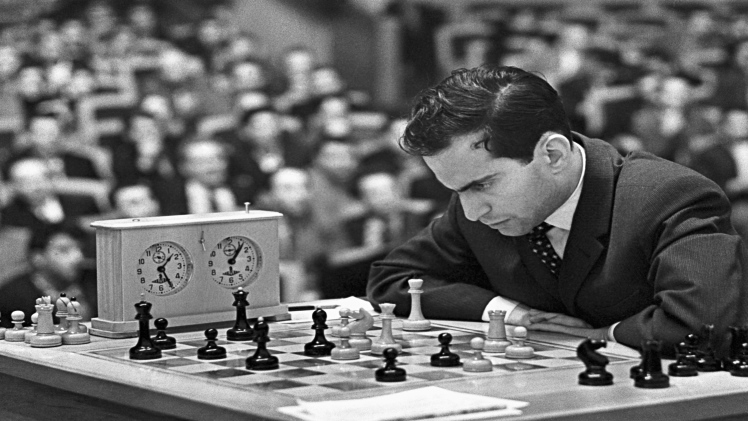Mikhail Botvinnik was one of the most influential figures in studentsgroom Soviet chess. He was a Grandmaster from the Soviet Union and a World Chess Champion from 1948 to
1. Botvinnik was a major contributor to the development of Soviet chess, both as a player and a trainer. His influence on the Soviet chess scene was significant and can still be felt tamil dhool today. Botvinnik was born in 1911 in Saint Petersburg, Russian Empire, and was a child prodigy of chess. At the age of twelve, he won the Leningrad Championship. He continued to compete in chess tournaments, becoming an International Master in 1931 and a Grandmaster in
2. His success as a player earned him a spot on the Soviet team at the Chess Olympics, where he won gold medals in 1930, 1931, and
3. Botvinnik also won the World Chess forbesexpress Championship in 1948 and held the title until
4. Beyond his own success as a player, Botvinnik had a lasting impact on the Soviet chess scene. He developed a system for training young Soviet players, which included physical conditioning, psychological training, and the use of chess software to cgnewz improve their game. Botvinnik also established the Botvinnik Chess School in Moscow, which was a major center for the development of top chess players in the Soviet Union. Perhaps the most lasting legacy of Botvinnik’s influence is the Soviet school of chess. This style of play, which emphasizes strategic planning and positional advantage, was developed by Botvinnik and has been adopted by many of the world’s top chess players. It is often characterized by the use of long-term planning to achieve a superior position on the board. Mikhail Botvinnik’s influence on the Soviet chess scene was immense. His contributions carzclan as a player, trainer, and teacher have helped to shape the modern game of chess. His legacy continues to be felt today, with his system of training and his school of chess still influencing the way chess is played around the world.

